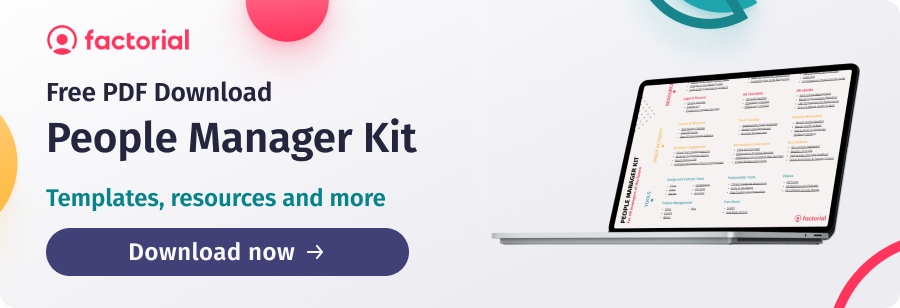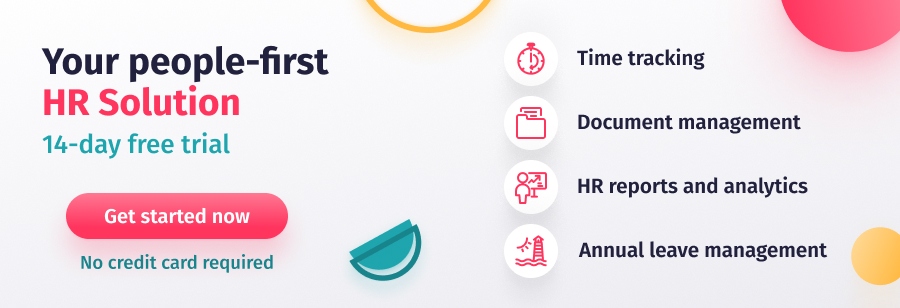Although UK employment increased in the three months to February this year, increasing 0.2% to an estimated 75.8%, the job market is still a big concern for the UK government. And despite the bleak economic backdrop, job vacancies still remain unfilled, particularly in industries like hospitality.
A big question remains, however – what role will immigration play in the future of the UK economy in a post-Brexit world?
The Home Office now has announced several work immigration changes this year – most of which were included in the Home Office’s Spring Statement.
In this article, we’ll review the key changes coming into effect in 2023 and how they’re likely to affect business. We’ll be covering the following:
Salary Updates for Sponsored Migrant Employees
After introducing salary thresholds in 2020 to ensure migrant workers were not being taken advantage of or undercutting UK workers, the Home Office has updated these thresholds in its impact report.
The following salary threshold increases came into effect on 12th April 2023.
Skilled Worker visa
The minimum salary has increased from £25,600 to £26,200, with some exceptions. These are:
- Skilled workers with a relevant PhD which has increased from £23,040 to £23,580
- Skilled workers with a relevant PhD in STEM, on the Shortage Occupation List, new entrants to the labour market and health or education sectors, which has increased from £20,480 to £20,960
Global Business Mobility visas
There are several categories of Global Business Mobility (GBM) visas; each has its own salary threshold. These are:
- Senior and Specialist Worker visa has increased from £42,400 to £45,800
- UK Expansion Worker visa has increased from £45,800 to £42,400
- The Graduate Trainee visa has increased from £24,220 to £23,100
Scale-up visa applicants
Employees holding or applying for a scale-up visa can now expect a minimum salary of £34,600, up from £33,000.
Seasonal Worker visa (poultry workers)
Seasonal poultry workers coming to work from outside the UK should now receive a minimum salary of £26,200, increased from £25,600
It’s important to remember that these are the minimum salaries employers can legally pay immigrant workers on these visas, but they should be paid the going rate of pay for a job. In its impact assessment, the Home Office also said it planned for salaries and thresholds to be updated regularly to ensure they keep pace with National Minimum Wage and the labour market.
To help calculate minimum salaries, the Home Office also provided clarification on determining average working week hours for sponsored workers. It also requires employers to keep records of sponsored workers opting out of the average 48-hour working week maximum. These should be kept in HR files under ‘Working Time Regulations.’
Youth Mobility Scheme
The Youth Mobility Scheme is being enhanced for Australian, New Zealand, and Canadian nationals in 2023.
Australian Nationals
Under the UK-Australia Free Trade Agreement, Australia has been given 5,000 extra places on the Youth Mobility Scheme, allowing up to 35,000 young workers into the UK. The scheme allows applicants between 18 and 30 to live in the UK for up to two years and is reciprocated for UK nationals wanting to live and work in Australia.
New Zealand Nationals
From 29th June 2023, the Youth Mobility Scheme will also be enhanced for New Zealand citizens. Most notably, the eligibility will be extended from 18-30 to 18-35, and New Zealand nationals will be able to stay in the UK for up to three years, whereas other nationalities are limited to two years.
The same enhancements will be extended to UK nationals who want to live in New Zealand.
Canadian Nationals
Canada’s quota in the Youth Mobility Scheme has also increased in 2023, from 2,000 to 8,000.
Innovator Founder Scheme
The Innovator Founder Scheme, which replaced the Start-up and Innovator visas on 13th April 2023, has changed to make it more accessible, inclusive, and open to aspiring entrepreneurs. The changes aim to attract genuine proposals to establish innovative businesses in the UK, and the visa now also provides a route to settlement.
These include:
- Eliminating the previous minimum investment requirement of £50,000
- Allowing Innovator Founders to engage in employment outside their own business operations. However, secondary employment must be at a skill level of at least RQF Level 3 – the equivalent of A-Level qualifications.
- Reducing the cost of endorsement from the new Home Office-approved endorsement bodies (it now costs £2,000 in total)
Despite these developments, Innovator founders will still need to demonstrate the innovative, viable, and scalable nature of their business or business idea through a comprehensive business plan which meets the criteria of the Immigration Rules.
After the initial three-year visa, the Innovator Founder must reapply for endorsement from the endorsement body and show that the business remains active and their progress against the original business plan. Innovator Founder must also show they are actively involved in the day-to-day management and development of the business.
Employing Workers Offshore
The Offshore Wind Workers Concession came to an end on 30th April 2023. At the same time, requirements for Skilled Worker visas were extended to cover 12 nautical miles from the coast, covering all UK waters and UK territorial sea.
From 12th April 2023, the new guidance also requires sponsors of off shore workers, or the workers themselves, to inform the Home Office of their arrival and departure from their place of work. This should be done within ten days.
Electronic Travel Authorisation
The UK is rolling out a new pre-authorisation system for non-visa nationals this year. Under the new system, individuals who are not British and Irish nationals and do not currently require a short-stay visa must apply for an Electronic Travel Authorisation (ETA) before travelling to the UK. This will include short-stay travellers who fall under the Creative Worker route.
ETAs will be linked to the applicant’s passport and valid for two years or until the individual’s passport expires. Applications can be made online or using the dedicated app, and decisions will be made within three working days.
The scheme is being rolled out to countries that do currently require a short-stay visa too. ETAs will be open to Qatari nationals from 15th November 2023, closely followed in February 2024 by the citizens of Bahrain, Jordan, Kuwait, Oman, Saudi Arabia, and the United Arab Emirates.





